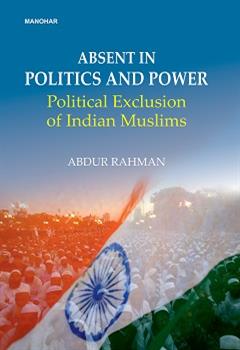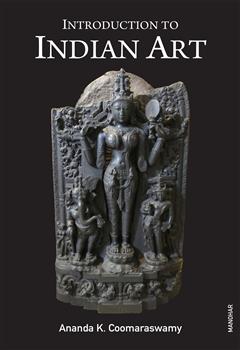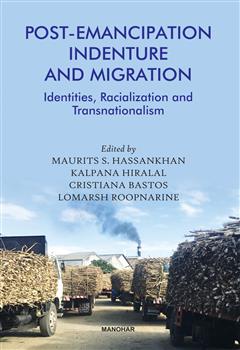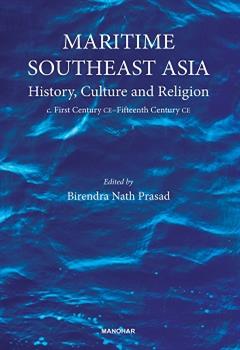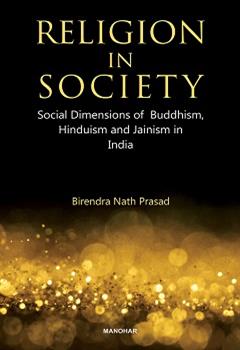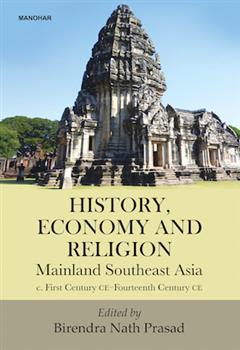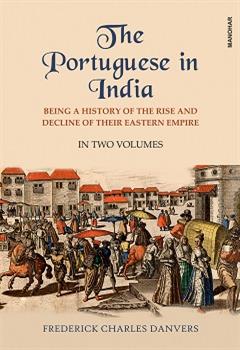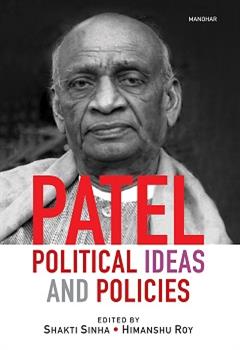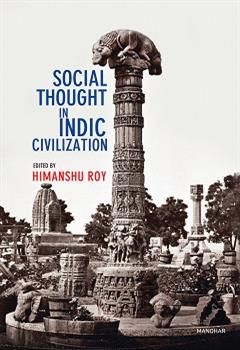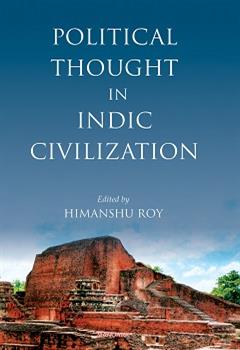History
Featured Products
Absent in Politics and Power: Political Exclusion of Indian Muslims
₹945.35
M.R.P.:₹ 1,295.00
You Save: ₹349.65 (27.00% OFF)
Post-Emancipation Indenture and Migration: Identities, Racialization and Transnationalism
₹1,382.15
M.R.P.:₹ 1,795.00
You Save: ₹412.85 (23.00% OFF)
Maritime Southeast Asia: History, Culture and Religion (c. First Century CE-Fifteenth Century CE.)
₹1,260.05
M.R.P.:₹ 1,595.00
You Save: ₹334.95 (21.00% OFF)
Religion in Society: Social Dimensions of Buddhism, Hinduism and Jainism in India
₹985.50
M.R.P.:₹ 1,350.00
You Save: ₹364.50 (27.00% OFF)
History, Economy and Religion: Mainland Southeast Asia (c. First Century CE-Fourteenth Century CE)
₹1,576.05
M.R.P.:₹ 1,995.00
You Save: ₹418.95 (21.00% OFF)
The Portuguese in India: Being a History of the Rise and Decline of their Eastern Empire (2 vols. set)
₹2,287.05
M.R.P.:₹ 2,895.00
You Save: ₹607.95 (21.00% OFF)


